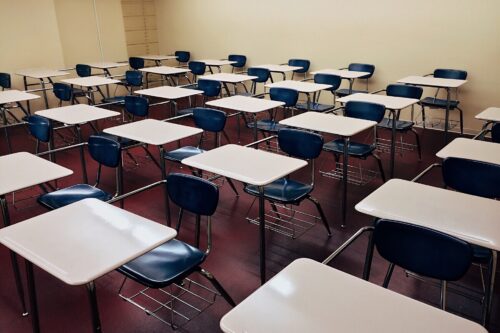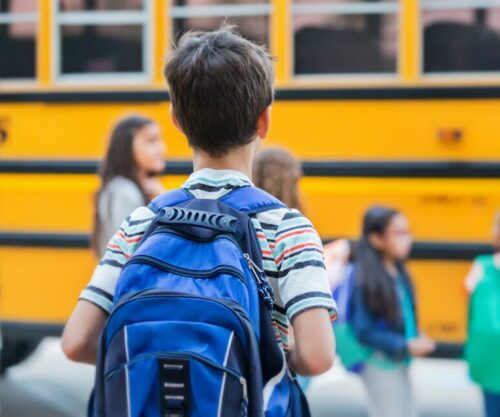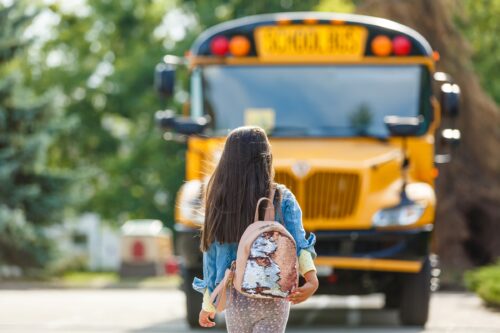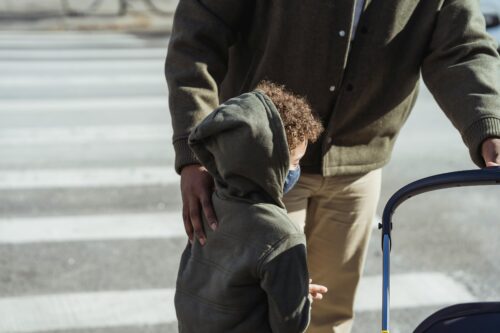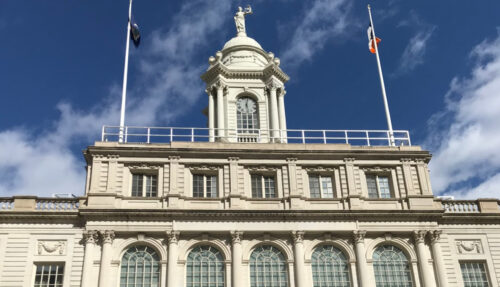
AFC and the ARISE Coalition (coordinated by AFC) testified before the City Council Committee on Finance regarding the FY 23 Executive Budget, urging the City to invest in targeted initiatives to support English Language Learners, students with disabilities, students who are homeless or in foster care, and students with mental health needs.

